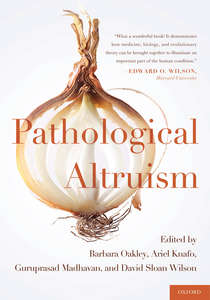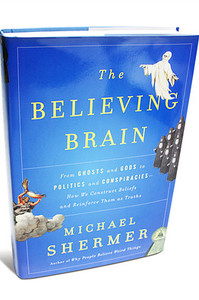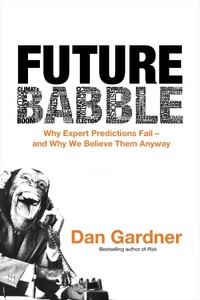(p. B1) Can you spot a bubble?
Ever since 1841, when a Scottish journalist named Charles Mackay published the book known today as “Extraordinary Popular Delusions and the Madness of Crowds,” the answer has seemed clear. If you watch carefully for signs of euphoria, you can sidestep the damage when markets go mad.
But bubble spotting isn’t as simple as Mackay made it sound–even, it turns out, for Mackay himself. Investors should always guard against the glib assertions of pundits who claim they can detect bubbles before they burst.
. . .
But new research tells the untold tale of Mackay’s own behavior in the face of a bubble–and it is a shocker. A mathematician and former cryptographer at Bell Labs named Andrew Odlyzko has spent much of the past decade researching a forgotten stock mania. One of its biggest boosters was none other than Charles Mackay.
A bubble in British railroad stocks began in 1844, only three years after Mackay published his book, and it didn’t start to collapse until late 1845. Even with the history of market folly fresh in his mind, Mackay urged British investors to pile into railway stocks, whose extravagant prices were based on absurdly unrealistic projections of future growth.
The most famous critic of bubbles who ever lived fell like a chump for a craze that was unfolding before his very eyes. On Oct. 2, 1845, Mackay wrote that “those who sound the alarm of an approaching railway crisis have somewhat exaggerated the danger.”
He went on to ridicule anyone who argued that “the Railway mania of the present day” was similar to the devastating bubbles he had described in his own book. “There is no reason whatever to fear” a crash, he concluded.
He couldn’t have been more wrong. From 1845 to the bottom in 1850, railway stocks fell by two-thirds–the equivalent of roughly $1 trillion of losses in today’s money. Mackay never fessed up to his own extraordinary delusion.
For the full commentary, see:
JASON ZWEIG. “THE INTELLIGENT INVESTOR; The Extraordinary Popular Delusion of Bubble Spotting.” The Wall Street Journal (Sat., NOVEMBER 5, 2011): B1.
(Note: ellipsis added.)






